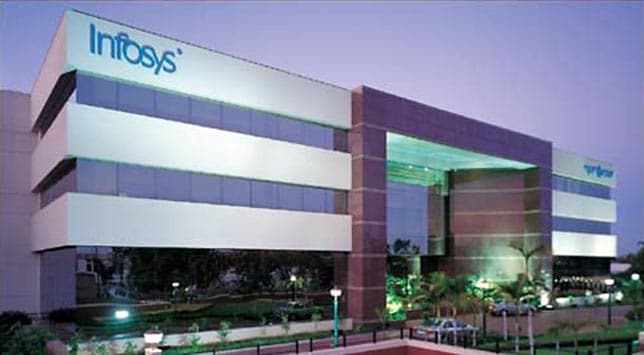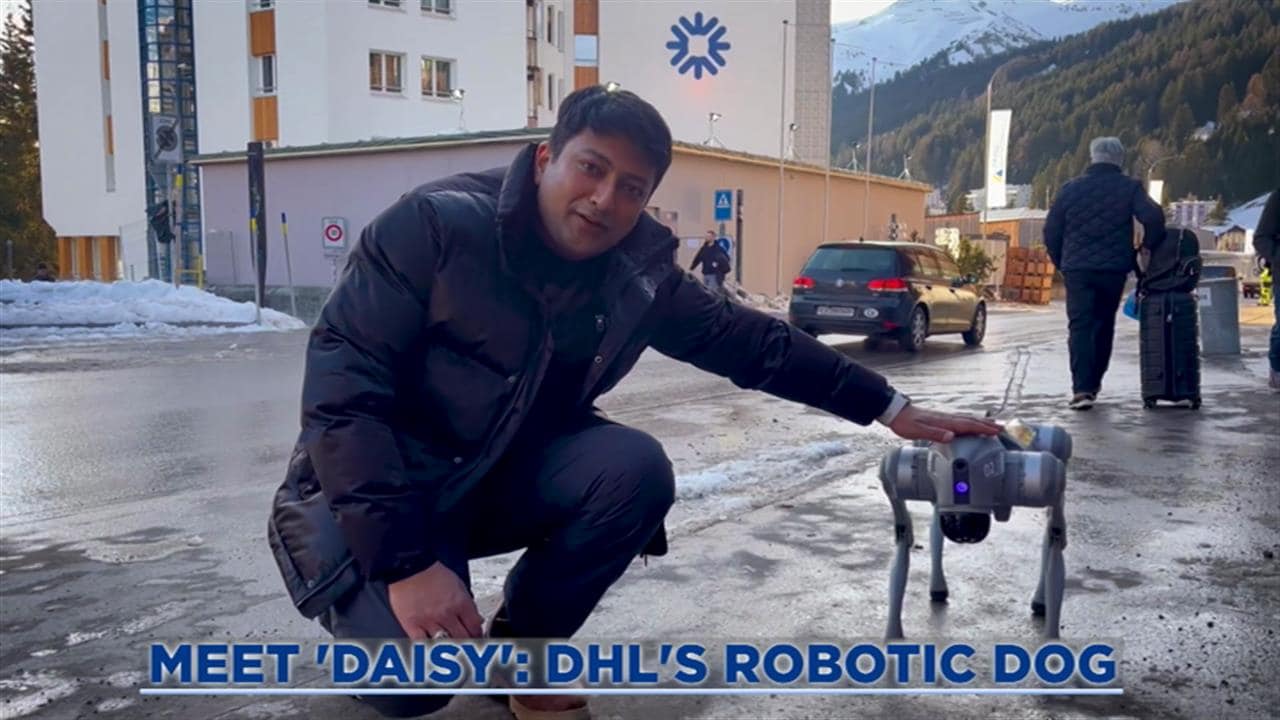

- Home/
- Top Stories/
- WEF Davos 2012: Infosys hopes for balanced US view on outsourcing
WEF Davos 2012: Infosys hopes for balanced US view on outsourcing

Highlights
- "Globalisation is a phenomenon which has been here for a long time and I clearly believe that will continue," he says.
S D Shibulal, managing director and chief executive officer, Infosys lived for 17 years in US. He believes that the US is a very pragmatic society. When asked about the outsourcing debate triggered by US president Barack Obama in his state of the union address last Tuesday, he said that the society in US witnesses a lot of debate and discussion and both views are always heard.
“So I clearly believe that whatever decisions will be taken, they will be balanced decisions,” he said.
He spoke to NDTV Profit on the sidelines of the World Economic Forum in Davos. Here is a transcript of the interview:
Prashant R Nair: I just want to start by asking you what has been the general feedback like because last year has been tough the year before that has been tough. Couple of years of just deliberating on how to deal with the financial crisis and now we are all talking about how to bring growth back?
S D Shibulal: No. I think this time around the conversation is around new business models. I believe that is very really relevant to today’s world. So for example, yesterday, we had a lunch panel on chief executive officers on the new world order and there is another panel on the role of leadership. These are extremely relevant in today’s world where we have to create confidence and we have to create trust. We have to create growth and differentiation enterprises and also create the innovation agenda for the corporations. So our thought process enforces and what we are hearing here is a lot of alignment. We also believe that our strategy of building tomorrow’s enterprise is very relevant to corporates today and give them an innovation framework. So we are hearing lot of things
Prashant: So what you do here has a direct bearing on the business at Infosys as well or it just gives you ideas on how to plan for the future?
Shibulal: No actually it does both. We do meet a lot of clients here. It is an opportunity for us to meet a lot of clients here because global 2000 is our client base. So we have many clients from fortune 500. It is also a place where we can actually express our ideas and also hear from others about trends and what they are seeing in the world. So it is an opportunity to meet, express and learn.
Prashant: President Barack Obama stated in his address that we have to seriously dis-incentivise companies who take US jobs offshore. Now how do you react to that?
Shibulal: See globalization is a phenomenon which has been here for a long time and I clearly believe that will continue. This is because if you look at the contribution it has made all over the world from developed as well as developing world, it has allowed quality of life to go up. It has opened new markets. So if you look at impact of globalization on the emerging markets it has allowed new emerging markets to be created. It has allowed talent from across the globe to leverage and it has allowed innovation to be created.
Prashant: He has probably used strongest words yet to talk about protectionism. He is saying that for companies who create jobs onsite in the US we will seriously give incentives to those companies and vice versa?
Shibulal: Any kind of trade barriers are going to be a deterrent to the business.
Prashant: Do you think this is just rhetoric since this is an election year or this could actually mean something coming out of it?
Shibulal: So let me go back to my answer because of any kind of trade barrier creation will be detrimental to the business environment. If you look at today’s world, this is the time when we need to create employment. It is the time when we need to take the world forward and it is a time when we need to create wealth to create quality of life.
Prashant: You would consider something like tax. I mean changes to the tax code as trade barriers in that sense?
Shibulal: Trade barriers can involve any kind of financial disincentive. It can also involve regulatory changes that can effect movement of people. But you know when we look at our own business we see that we are actually hiring people all over the world. We are hiring 1,000 people in US. We are hiring 500 people in Europe. So we are hiring globally and which is very much in line our strategic direction.
Prashant: How do you ok globalization is inevitable but in times of crisis do you think protectionism to some extent is inevitable? i mean governments will do that to protect their own turf and bring jobs back and we are talking about the US here?
Shibulal: See we live in a volatile world. There is an economic instability. There is currency volatility and that will lead to some amount of regulatory volatility. That is what you are tackling. You know businesses have really have gone through ups and downs. We have gone through a downturn in 2003 and then in 2008. We have learnt from all of these things and we have learned to manage through some of this. It will be challenging but it is manageable.
Prashant: If I went through the entire statement, it is pretty vague with no specifics. So it is difficult to pinpoint what actually comes out right but he did say that you guys give me a bill and I will sign on it the next day. So he seemed pretty intent on doing something like that. How do companies like you react? You will have to take lot of offshore work onsite. I mean hire many more people onsite?
Shibulal: See first of all, I have lived in US for 17 years in the past and if you look at the country, it is a very pragmatic society very with very pragmatic decision making time. There is a lot of debate and there is a lot of discussion and both views are always heard. So I clearly believe that whatever decisions will be taken, they will be balanced decisions. Secondly, as far as we are concerned, in any case if you look at our revenue profile moving more and more towards considering the system integration. That means we have to recruit in the local market. We have hired 1000 people in the US. We have country offices in France and Germany and we are recruiting 500 people in Europe. So our recruitment onsite outside India will continue and it will continue to increase as our revenue grows. See if you look at our aspirations, we are talking about more and more revenue from system integration in products and platforms. So these require domain expertise. So these will have to continue to increase.












